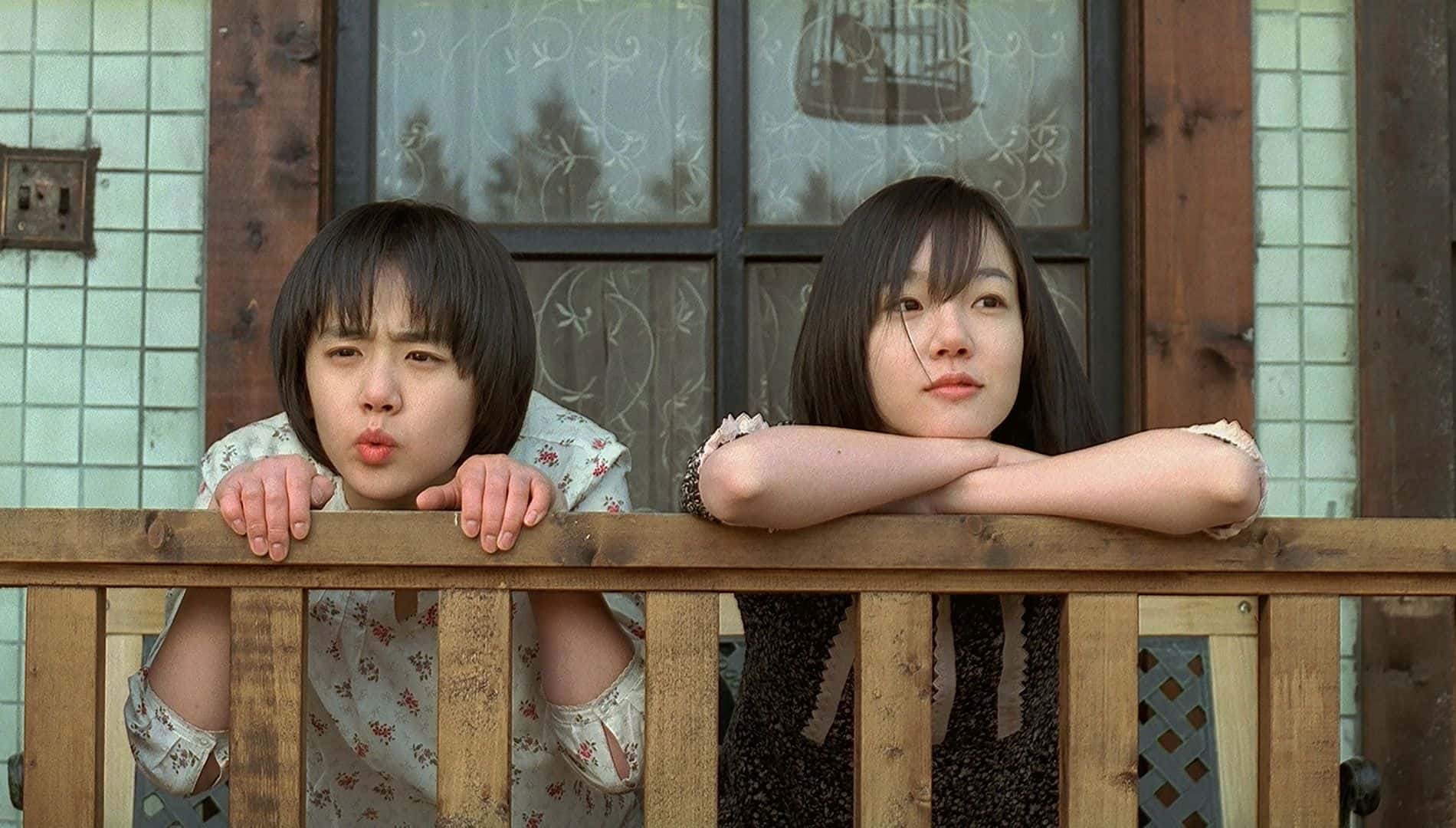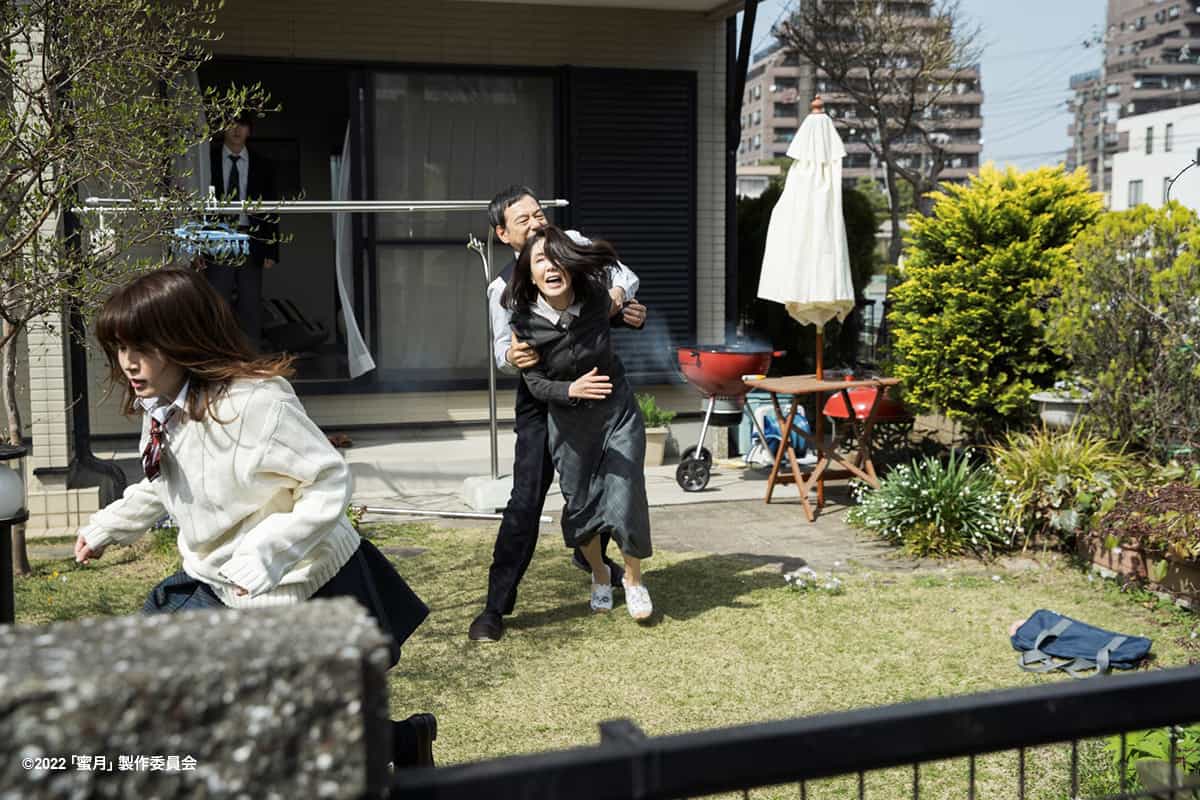Steven J. Martin continues filmmaking in the style of “Unplayed Lullaby”, with his dialogue–heavy, stage-play like aesthetics, this time though, focusing on two lesbain couples.
“Anonymous Gods” review is part of the Submit Your Film Initiative
The first one consists of Kasumi, an unsuccessful photographer and her girlfriend, Aoi who essentially provides for both by working in an office. They are expecting a child, whom the former carries, but things do not seem to be exactly ideal between them. The second couple is Sarasa, a former ballet dancer who thinks her life in the field has finished, and Noa, a tattoo artist who also is not particularly successful. Their relationship is rather tense from the beginning, particularly due to Sarasa's “diva-like” attitude.. Eventually, suicide becomes a factor in the story, as much as its recording, while the stories of the four women intermingle.
Through almost constant dialogue, Martin makes a number of comments that extend to a plethora of fields. Art and particularly photography, and the concept of the lens are a central one. Relationships and the difficulties they present in the modern urban environment is another main one, with the ways one's profession affects both social relationships and one's own life being a directly connected one. Love and its different instances, from abusive to altruistic is also commented upon, while the parenthood of homosexual couples eventually takes center stage.

There is a sense of despair and futility permeating the narrative, like all protagonists know that nothing will go well in the end, or at least eventually realizing it. This aspect induces the movie with a dramatic essence, which is rounded up with a sense of sensualism, mostly deriving from Sarasa, with the combination being rather appealing, even if no sex scenes are actually presented.
Considering the general stage-play aesthetics of the movie, it is also interesting to see how Martin goes about making his work more cinematic. The inclusion of different locations, even if almost exclusively indoors, helps the most in that regard, with DP Atsutomo Hino making the most of them in order to highlight the aforementioned aspects, mostly through mid-shots. Most of all, however, the element that moves directly towards cinema is Ryoma Miki and Steven J Martin's own editing, with the cuts to different locations of the same characters working nicely here, adding a very appealing element of surprise to the narrative. Also of note is the guitaristic/hard rock music, which appears a couple of times in the movie in the most entertaining fashion.
Nana Akuzawa as Sarasa has the most difficult part and is quite convincing in the role, followed by Kozue Ito's Kasumi, with the interactions of the two being among the best traits of the movie. Chika Kinoshita as Nao and Ikumi Tsuchiya as Aoi are on a lower level in terms of action, but also manage to present a series of appealing scenes closer to the end.
“Anonymous Gods” continues the now established approach of Martin towards cinema, which seems to become better with every movie. However, an inevitable question arises, of whether it is about time to move completely away from theater aesthetics and present something completely different.
















